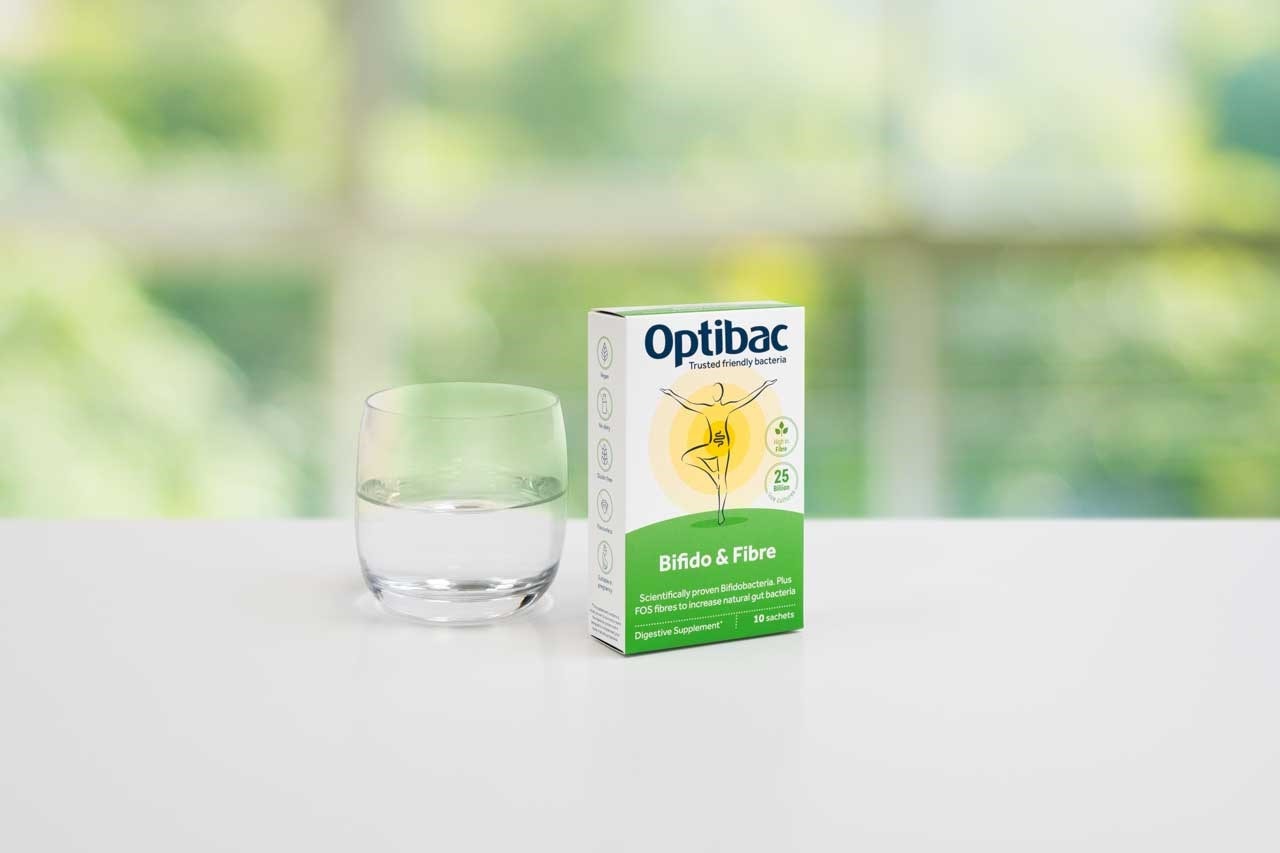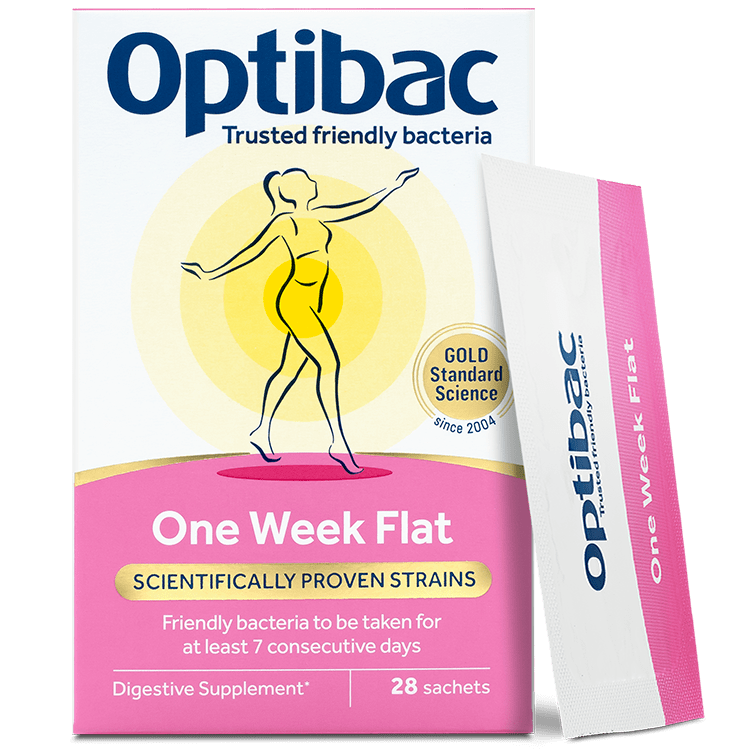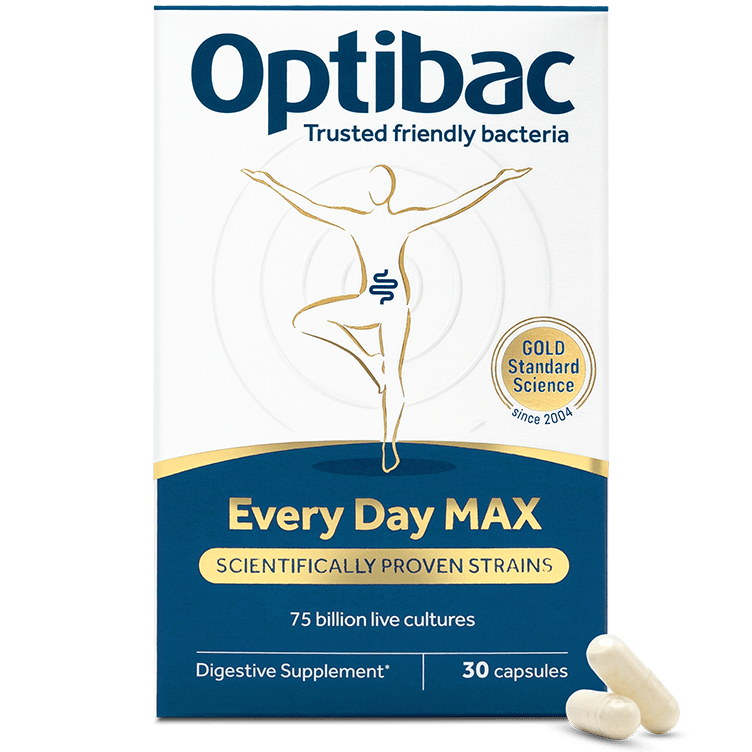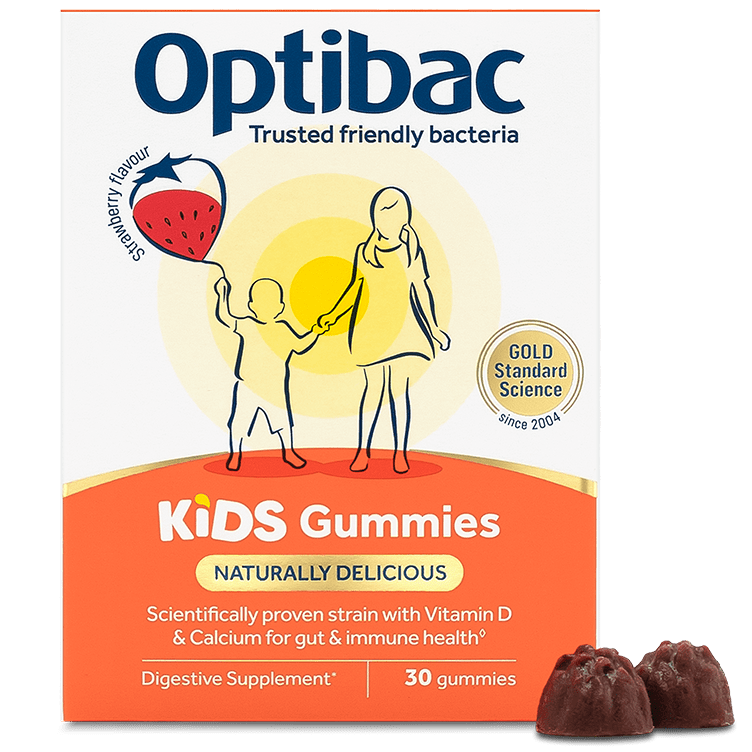It’s the most wonderful time of the year, right? But the truth is that the festive season and seasonal holidays can challenge our bodies and minds, leaving us feeling completely frazzled. But forewarned is forearmed - read our guide on how to hack the holiday season!
Holiday lifestyle
You might relish the ‘break from the old routine’ that the holiday season brings, but your body will be less enthusiastic about straying from your usual mealtimes, exercise programmes or sleep patterns.1
-
Regular mealtimes: Try to stick to your usual mealtime routine and give your system a rest in between meals - it takes a good 2-4 hours to digest a big meal, and your gut needs time to do its job properly.
-
Regular exercise: You might decide to have a break from the gym but if you’re used to regular exercise, becoming a couch potato for a few weeks will play havoc with your body systems. It’s easy to incorporate some exercise into your holiday plans - go for a lovely walk with family and friends or have a boogie to your favourite festive tunes. Housework is also great exercise, as you prep the house for the coming festivities, and now the shops are open again, a day of high street gift shopping will help keep your step count up!
-
Take your supplements: Your body needs a little extra help at this time of year more than ever. Many supplements, like most of the Optibac range or multivitamins, are designed for ongoing daily use, so it's best to keep to your usual regime. But many people like to take supplements when they feel like they need a little extra help, such as vitamin C or vitamin D for immune support in winter. For those of you who like to take friendly bacteria supplements at certain times, then some Optibac supplements like One Week Flat can be taken as a week’s course, or Bifido & Fibre can be taken as and when desired.
-
Make sleep a priority: The festive period is usually packed with so many fun celebrations that it's easy to forget our bodies need time to wind down after the long and busy year. It's really important to incorporate rest into your holiday season where possible, especially when you're pushing yourself to the limit with food, drinks and social activities. If you find you're struggling to relax amid all the holiday buzz, try a magnesium spray or supplement to help ease muscles and promote sleep; allow at least 30 minutes before bed to unwind without your phone; or pop on a meditation to quiet your mind. Good sleep hygiene is key to feeling rested and ready to face the festivities.
Keeping to a basic routine will help keep you and your family buzzing throughout the holidays so you enjoy them even more! Read these other articles for tips to enjoy your holidays to the max:
Your perfect family morning routine
Our top tips to keep you energised!
Festive foods
Along with other festivities, the holiday season usually means indulging in lots of yummy foods that we wouldn’t usually eat.
Typically, these are foods we tend to deny ourselves because they're unhealthy and full of saturated fats and sugar. Foods such as chocolate, cream, puddings, biscuits, sticky sweets, and pies are tasty, but they’re often difficult to digest or upset the balance of gut bacteria.
-
Expect the unexpected!: A complete change in your diet can leave your microbiome wondering what on earth is going on! Certain types of gut bacteria ferment different types of foods, so your own gut bacteria will have evolved based on your usual diet. When you consume large amounts of new foods, this may cause huge shifts in the microbiome in a matter of days, sometimes resulting in unpleasant changes as the microbiota rebalances.2 Try to include a few of your favourite healthy meals in between all of your festive fayre.
-
Moderation is key: We often tend to overeat during the holidays, which places additional strain on the digestive system – it’s absolutely OK to indulge in some festive foods at mealtimes, but best to save that extra piece of pie for your next meal rather than eating it in one huge sitting!
Most importantly, be kind to yourself and don't panic - we all deserve to enjoy our food over the holidays.
Read Dr. Aisling’s article on the Probiotics Learning Lab: Top tips to avoid Christmas Belly Bloat.
If you find that some festive foods just don’t suit you, read nutritional therapist Louise’s ‘naughty and nice’ festive foods list, for healthy alternatives to your seasonal favourites:
Festive foods: what’s on our Naughty and Nice list!
Festive drinks
The festive season usually heralds a hectic social whirl of parties and family get-togethers, and an increase in the consumption of ‘festive spirits’!
It might feel fun at the time, but there’s no getting away from the fact that alcohol is not good news for your body, and ‘the morning after’ can really ruin that festive feeling. Like unhealthy foods, alcohol consumption can upset the natural balance of bacteria.3
Alcohol is also diuretic and makes you pass urine, so you can easily become dehydrated - this is largely the reason for that ‘hungover’ feeling the next day. Worst of all, alcohol consumption can affect immune function, leaving you vulnerable to colds and coughs which might ruin your long-awaited holiday season.4
You don’t need to stop the ‘Christmas cheer’ altogether, just ‘drink smart’ and reduce the amount of alcohol you consume with some easy hacks.
-
Take water with it: Having a glass of water ‘chaser’ with every alcoholic drink can help to prevent hangovers.
-
Drink mindfully: Sip your drinks instead of glugging them straight down – you might want to treat yourself to that really expensive bottle of wine or spirits for the holidays, as you’re more likely to want to savour it.
-
Lose the booze!: Try making an alcohol-free, or low-alcohol, fruit punch made with your favourite fruit juices and sparkling water for your friends and family to enjoy instead of, or in between, their favourite tipples. Add fresh ginger, lemons, apples and oranges, cinnamon, and nutmeg for a festive feel. This is absolutely delicious, feels very seasonal, and helps to reduce alcohol consumption (and a fuzzy head the next day!).
Festive Non-Alcoholic Punch
- 2L Fresh Orange Juice (rich in Vitamin C for immune support)
- 1L Cranberry Juice
- 5 Cinnamon Sticks
- 1 Vanilla Pod
- Thumb of freshly grated Ginger
- Add your favourite chopped fresh fruit: apples, oranges, and lemons work really well.
Combine all of the ingredients in a saucepan over a medium heat and simmer until the festive scent fills your kitchen. Serve in warmed glasses or mugs with a sprinkling of cinnamon, or chill and serve over crushed ice with plenty of fresh fruit.
Seasonal/festive stress
It's meant to be the season of peace and goodwill, but the festive season can be the most stressful time of year for many people. Buying the perfect gift, decorating your home, entertaining family and friends - these are all fun things to do but cumulatively they can create a stress overload. This can undermine your immune system5, leaving you more vulnerable to seasonal bugs, and upset the balance in your tum.6
-
Keep calm and eat slowly: Try to find time to eat in a calm space and chew your food properly. Rushing your food can make you feel uncomfortable, just when you want to feel your best.
-
Add 'me-time' to your to-do list!: Schedule in relaxation time as a priority amidst all of the holiday preparations –treat yourself to a warm candlelit bath, a massage, a gentle walk, a yoga class, a daily meditation, reading your favourite book, listen to a relaxing podcast or just watch your favourite show on TV. It’s important to recognise personal recharge time as an essential priority – including daily ‘me-time’ on your festive to-do list means you can enjoy this time guilt-free. Checking it off the list also feels so good!
-
Take some pressure off: You may find yourself feeling strung out trying to please everyone, but the festive period is supposed to be a time of joy and relaxation for all - and that includes you! At the end of the day, things don't need to be perfect - just done with love and kindness.
To help manage stress during the Christmas period, read Dr. Aisling's Guide to Feeling Less Stressed.
You may also like to read:
The 8 Dimensions of Wellness
Winterproof Your Vagina
References
- Cozma-Petruţ, A., Loghin, F., Miere, D., & Dumitraşcu, D. L. (2017). Diet in irritable bowel syndrome: What to recommend, not what to forbid to patients!. World journal of gastroenterology, 23(21), 3771–3783. https://doi.org/10.3748/wjg.v23.i21.3771
- Singh, R. K., Chang, H. W., Yan, D., Lee, K. M., Ucmak, D., Wong, K., Abrouk, M., Farahnik, B., Nakamura, M., Zhu, T. H., Bhutani, T., & Liao, W. (2017). Influence of diet on the gut microbiome and implications for human health. Journal of translational medicine, 15(1), 73. https://doi.org/10.1186/s12967-017-1175-y
- Engen, P.A. et al (2015) The Gastrointestinal Microbiome: Alcohol Effects on the Composition of Intestinal Microbiota. Alcohol Research: Current Reviews. 37, 2.
- Sarkar, D., Jung, M. K., & Wang, H. J., 2015. Alcohol and the Immune System. Alcohol Research : Current Reviews, 37(2), 153–155.
- Yaribeygi H, Panahi Y, Sahraei H, Johnston TP, Sahebkar A. The impact of stress on body function: A review. EXCLI J. 2017;16:1057-1072. doi:10.17179/excli2017-480
- Konturek PC, Brzozowski T, Konturek SJ. Stress and the gut: pathophysiology, clinical consequences, diagnostic approach and treatment options. J Physiol Pharmacol. 2011 Dec;62(6):591-9. PMID: 22314561
Article Updated: 07 Nov 2023
Originally Published: 30 Nov 2022
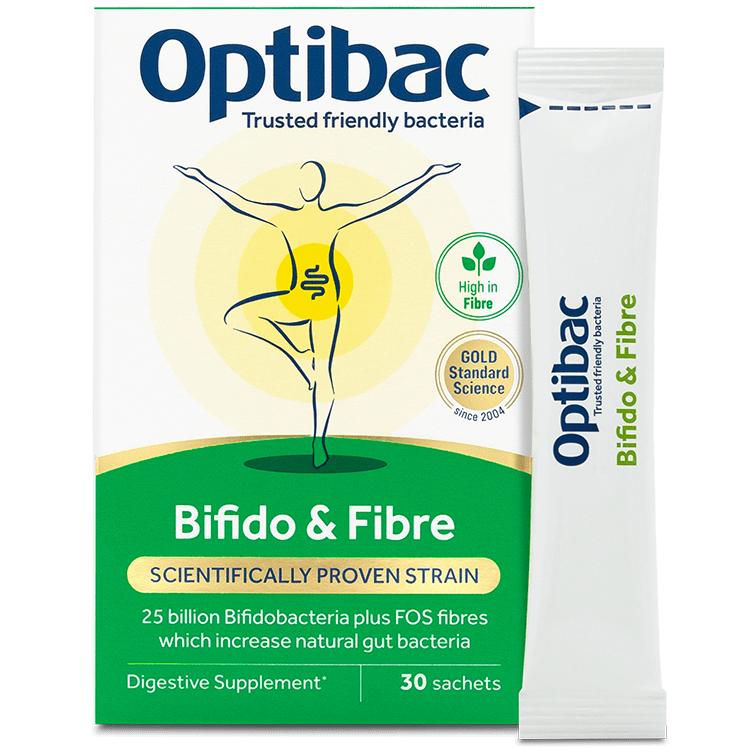
.png?lang=en-GB)

